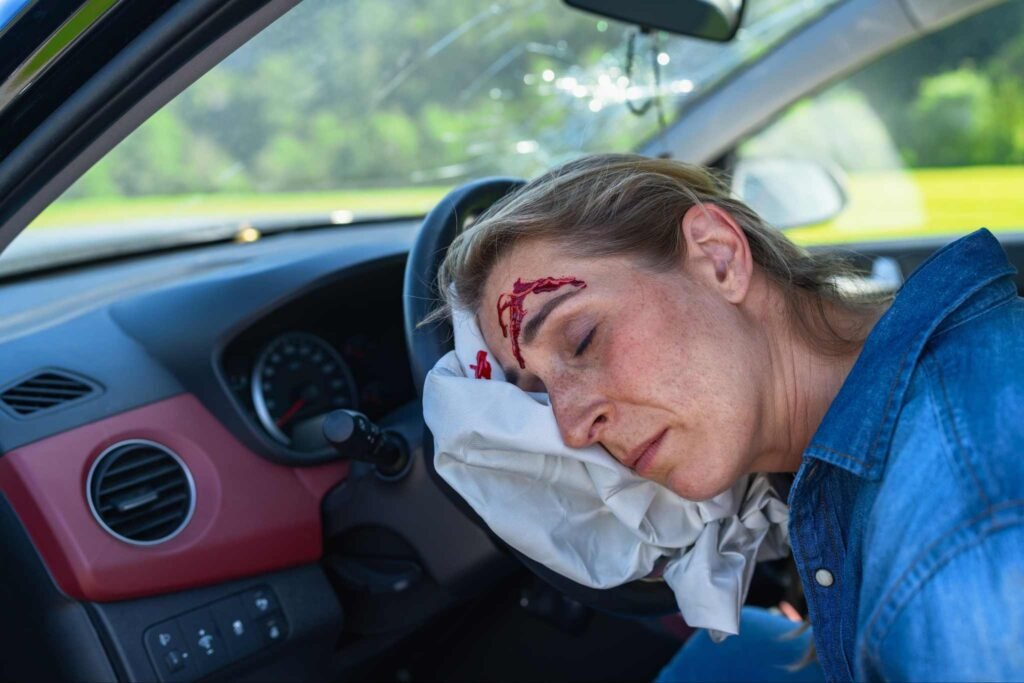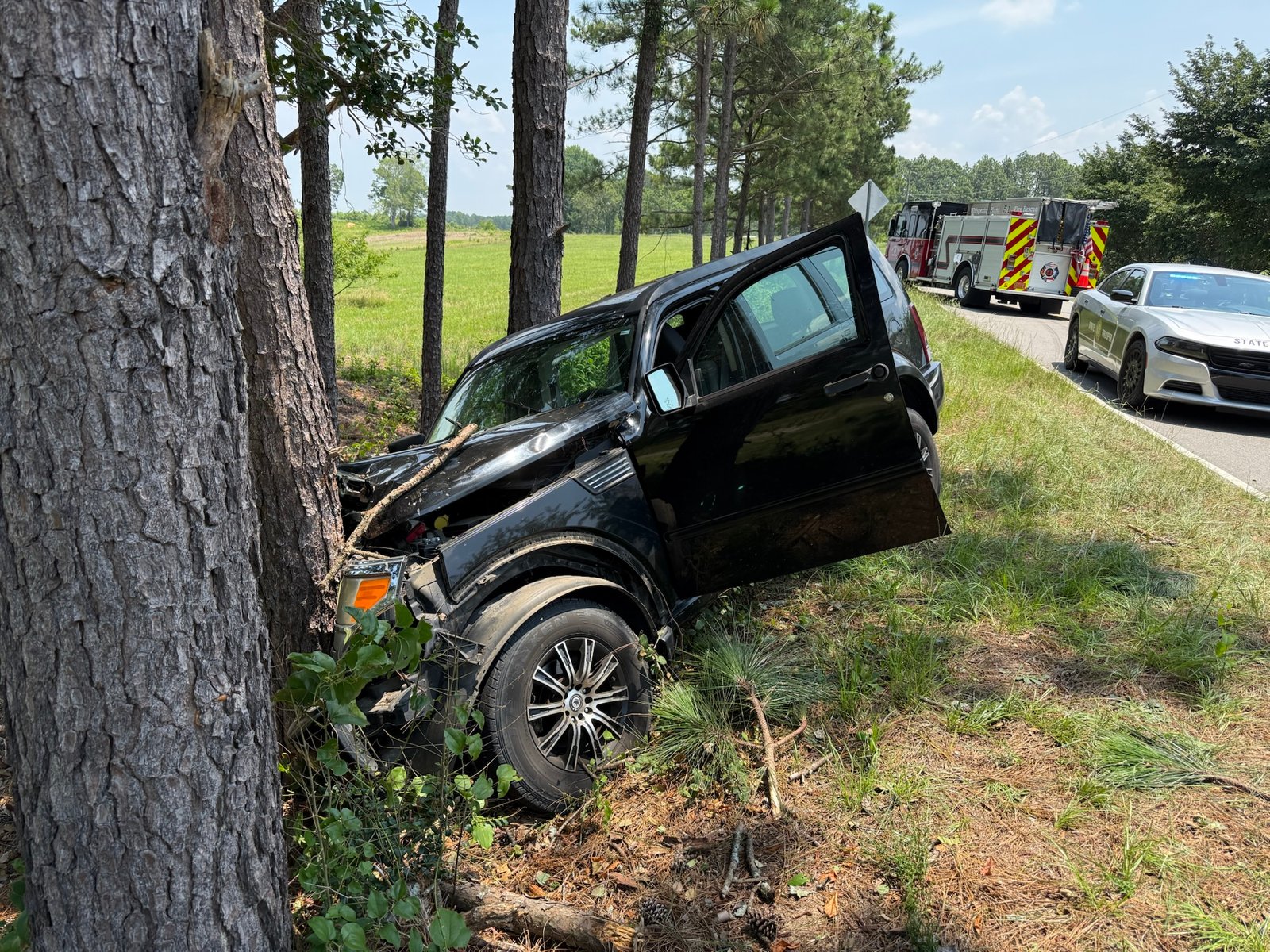Serious Injury by Vehicle in Georgia: What You Need to Know
An unexpected accident can change everything in seconds especially when it results in serious injuries. In Georgia, when someone is severely hurt in a crash and certain legal factors are present, the incident may lead to a charge of “serious injury by vehicle.” This type of case is treated seriously by the legal system, even if there was no intent to cause harm.
Whether you’re being investigated, have already been charged, or are simply trying to understand what happens next, knowing your rights and legal options is essential. Many individuals choose to consult with a criminal defense attorney in Georgia to better understand how these charges are handled and what steps may help protect their future. This guide outlines what “serious injury by vehicle” means under Georgia law and how to respond effectively.
📍 Location Information:
If you’re navigating such a case and are based in nearby areas, legal professionals are available locally at:
Address: 2100 Westshore Drive, Suite 119, Cumming, Georgia 30041
Call: (470) 505-9791
Email: jennifer@lawofficeofjenniferscalia.com

What Does ‘Serious Injury by Vehicle’ Mean in Georgia?
Under Georgia law, this charge generally applies when a person causes serious physical harm to another during the operation of a vehicle, especially if it’s believed that the driver violated specific traffic laws or was under the influence at the time of the accident.
However, this doesn’t mean that someone intended to hurt another person. Many such cases stem from accidental circumstances or minor misjudgments yet the legal consequences can still be complex and long-lasting.
What Qualifies as a ‘Serious Injury’?
Serious injury doesn’t only refer to life-threatening conditions. The law often defines it more broadly to include:
- Loss of use of a body part
- Severe disfigurement
- Brain trauma or loss of bodily function
- Any lasting physical impairment
The presence of these injuries can trigger more intensive investigations and legal scrutiny. Knowing what qualifies and what doesn’t is important for anyone navigating this kind of situation.
How Are These Cases Investigated?
When an accident causes serious harm, investigators typically act fast. Their goal is to determine how the accident happened and whether any laws were broken. This process may involve:
- Police reports and witness statements
- Accident scene reconstruction
- Review of dashcam or surveillance footage
- Analysis of driving behavior (speed, distractions, etc.)
- Examination of vehicle condition and safety systems
Sometimes, conclusions are drawn quickly, possibly before all facts are reviewed. That’s why individuals involved in serious injury by vehicle incidents in Georgia often find it helpful to document their own version of events and gather any relevant evidence early on.
Your Legal Rights and the Importance of Timing
Many people assume that if they didn’t intend to harm anyone, they’ll be treated fairly and reasonably. While intent does matter, legal cases can still move forward based on other factors like perceived negligence, distractions, or alleged violations.
That’s why timing is so important. Responding early and understanding your rights before giving statements or answering questions can help avoid missteps that may be difficult to undo later.
Common Misunderstandings in Serious Injury Cases
It’s not uncommon for people to make assumptions that later complicate their situation. For example:
- “If I cooperate fully, everything will work out fine.”
While cooperation is important, it’s critical to know what to say and what not to before engaging with investigators. - “I didn’t break any laws, so there’s nothing to worry about.”
Even minor traffic violations or distractions, like using a phone, can be interpreted differently once someone has been seriously hurt. - “The other person was partially at fault.”
That may be true but it doesn’t always prevent charges from being filed. Comparative fault may come into play, but it’s a legal matter best handled with a full understanding of the facts.
What Happens Next?
If charges are filed, you may be asked to attend hearings or respond to legal notices. But even before that, the steps you take or avoid can impact how the case develops.
In many cases, people choose to seek out experienced professionals who can help them:
- Review the available evidence
- Identify key timelines and inconsistencies
- Ensure that no rights are unintentionally waived
- Navigate pre-trial options or alternative resolutions
The goal is not just to defend, but to make sure that the legal process is fair, thorough, and balanced especially in emotionally charged situations.
Why Local Legal Knowledge Can Make a Difference
Laws may be statewide, but every county and courtroom operates a bit differently. In places like Cumming, Georgia, local procedures, court expectations, and even jury pools can vary.
Being familiar with these details—how evidence is handled, how hearings are scheduled, what judges expect can offer added clarity and reduce unnecessary stress.
If you’re based in or around near area, working with someone who understands the local process often makes the path ahead more manageable.
📍 Location Information
Address: 2100 Westshore Drive, Suite 119 Cumming, Georgia 30041
Call: (470) 505-9791
Email: jennifer@lawofficeofjenniferscalia.com
When You’re Unsure What to Do
For many people, being involved in an accident that leads to serious injury is a once-in-a-lifetime event. It brings emotional weight, uncertainty, and a lot of questions.
If you’re unsure about what steps to take next whether you’ve been contacted by investigators, received a citation, or just want to understand your position it’s okay to ask for help. Getting informed early allows you to make thoughtful decisions and stay in control, even during difficult circumstances.
Frequently Asked Questions (FAQs)
1. What should I do first if I’m being investigated for serious injury by vehicle?
Avoid making statements without guidance, gather any relevant documentation (like photos or messages), and consider speaking with someone who understands local legal procedures before moving forward.
2. Can I be charged even if the injury was unintentional?
Yes, in Georgia, a charge can be brought even when harm was accidental particularly if there’s an allegation of traffic violations, distraction, or recklessness. That’s why context and early preparation matter.
3. How long do these cases usually take to resolve?
Timelines vary based on the facts of the case, the complexity of the investigation, and the court’s schedule. While some cases resolve quickly, others require more time for evidence review and legal motions.




